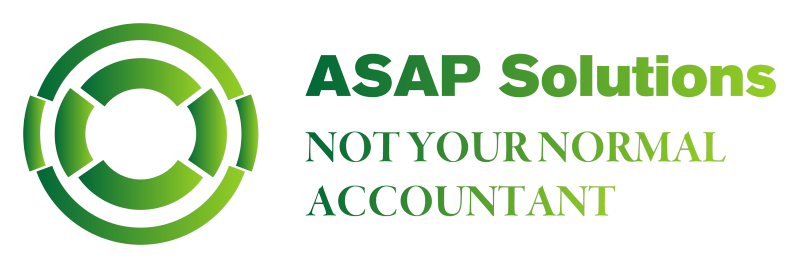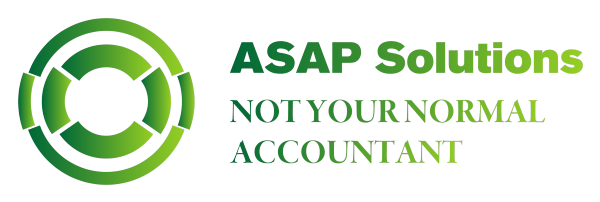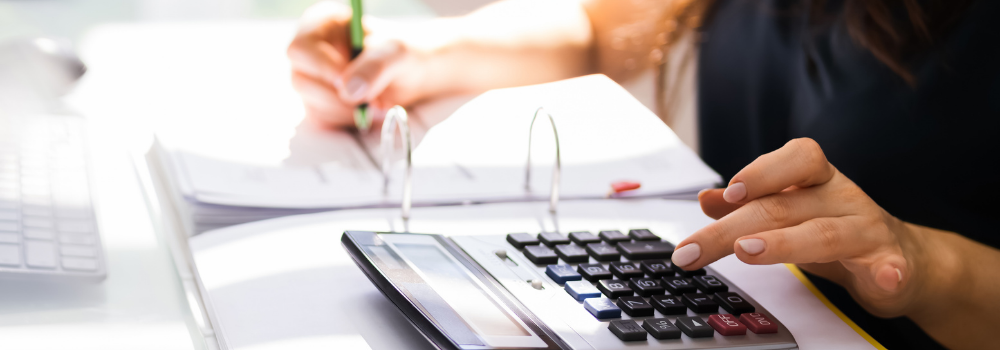Let’s face it; no one likes tax time. Whether you are doing your personal or business tax, submitting the paperwork is something many procrastinate doing.
When it comes to Tax time, it pays to be organised! Most taxpayers will be expecting a refund, so getting your paperwork in order means you don’t miss or forget any expenses from the year, and everything you need is on hand to take the hassle out of your tax time.
Find All Your Documents
Saving everything to one place means it is there when you need it. You likely already have an accounts file for business expenses if you run a business. We don’t always consider doing this for our personal account keeping, but it does make tax time easier.
You might have receipts for tools and clothing in either physical or electronic form; saving them all to a file on your computer can make things easier, especially if you have a few email accounts!
Without accurate records, you may miss expenses which you can claim. When it comes to claiming deductions on your income, a good rule to follow is if you are going to claim it, you need to prove it.
Some other documents you may have an area:
- Previous years’ tax return
- Records of sale or purchase of any shares, business or property
- Private Health Insurance Details
- Spouse details
- Income statement from work, rental properties, interest, dividends, cryptocurrencies and foreign income
- Expense records such as receipts for work-related expenses, donations, applicable self-education, and any costs incurred for managing your tax affairs – such as an accountant preparing your tax
Create a List of Work-Related Expenses
Every profession has tools of the trade; some are physical tools, and others might be software subscriptions. Eligible work-related expenses may include car expenses, uniforms, mobile phone bills, and union fees. If something you require to do your job or that helps you do a better job is not reimbursed by your employer, you may be eligible to claim it as a work expense.
Once you have your list, make sure you have documents to support your claim.
Working At Home Expenses
With lock-downs and hybrid working arrangements on the rise, what you can claim as a work from home expense can be pretty confusing. Everyone’s circumstances are different, and a good accountant can walk you through the expenses you are eligible to claim.
In general, you can claim a deduction for the additional expenses you acquire due to working from home. These are called running expenses and relate to the use of facilities within your home and include:
- Electricity expenses for heating or cooling and lighting
- Decline in value of office furniture and furnishings as well other items used for work – for example, a laptop
- Internet expenses
- Phone expenses
As an employee working from home, generally:
- you can’t claim occupancy expenses
- there will be no capital gains tax (CGT) implications for your home.
In certain circumstances, you may also be entitled to claim occupancy expenses. The ATO refers to expenses you pay to own, rent or use your home as occupancy expenses. They include:
- Mortgage interest
- Rent
- Council and water rates
- Land taxes
- House insurance premiums
If you are entitled to claim occupancy expenses, you may be taxed on any Capital Gains should you sell the property.
What To Send Your Accountant
If you are using an accountant to assist with your tax lodgement, they will need your list of documents and to supply:
- Identification
- Such as your driver’s license or passport
- Bank account details
- For your refund
- Medicare card or number
- Private health insurance information
- Spouse details
- Including details of their income
Understanding what you are eligible to claim can be confusing, primarily if you work remotely or have multiple income streams. If you are a business owner, sometimes it’s not clear what is a business expense and what is a personal expense.
We are here to help. Talk to our team about taking the stress out of tax time!
This blog post is intended for informational and educational purposes only. The information provided in this blog post should not be taken as professional accounting advice or recommendations.
Liability limited by a scheme approved under Professional Standards Legislation.



